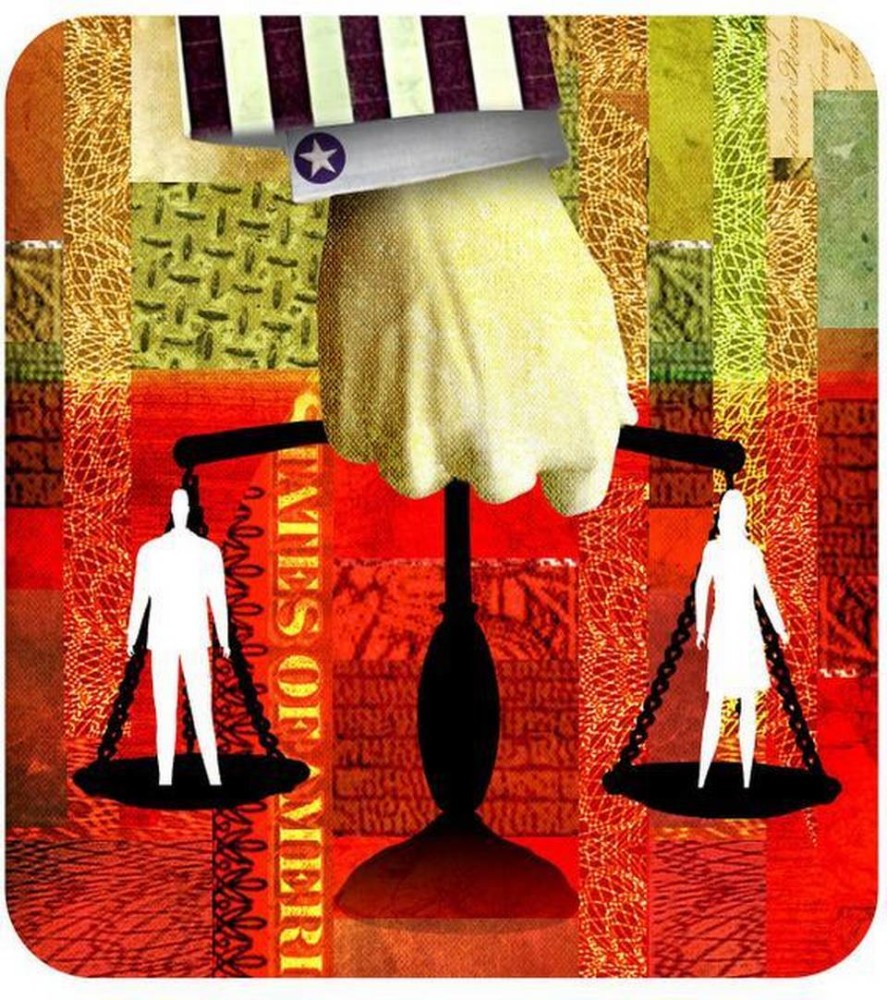OPINION
By Achara Deboonme
The Nation, Bangkok, Thailand / Asia News Network.
BANGKOK (The Nation/ANN)
On Sunday, women around the world joined marches for equality.
Equal opportunities in the workplace was a core demand on International Women’s Day, echoing calls made 20 years ago in Beijing by tens of thousands at the World Conference on Women.
Though China then had clamped down on freedoms after the Tiananmen Square crackdown, the Beijing conference’s focus was not directly linked to national politics.
Things were very different in Thailand on Sunday. Here, International Women’s Day brought demands that democracy be reinstated after almost a year of military government. Others got behind Ticha Na Nakorn in asking for equal representation in local administrations.
Ticha resigned as a charter drafter when her proposal for jobs quotas for women was rejected.
Some query whether a 50:50 male/female ratio is possible in politics? The answer is a resounding yes. For years, females have outnumbered males in Thailand. According to a Mahidol University study, there were 742,000 more women then men in 2005 and this gap is expected to widen to 1.53 million by 2025.
But would more women change the political scene? I doubt it. Saowalak Phongam of Workers Democracy Group says more female MPs would do little to improve representation for millions of women.
Only the elite would benefit, she told a forum on “Women, Freedom of Expression” on Sunday. And that would negate the effectiveness of general elections as a means by which the working class get their voices heard, she added.
I too doubt whether equal political representation alone would change the situation that women are facing.
A study reports that last year over 30,000 women and children were hospitalised because of violence — a daily average of 87. That figure indicates that the number of women and children suffering domestic violence is growing.
The attitude that wives must obey their husbands’ demands is firmly rooted in Thai society. And few bystanders dare to speak up when others’ rights are breached. In one recent case, a woman was attacked by a man in a Bangkok mall parking lot while a security guard passed by and did nothing.
When asked about the attack, he said he thought they were just a couple in a fight. In certain other countries, civic values demand that the police be called if anyone is assaulted in public, regardless of their gender or age.
It’s true, however, that Thai women are being encouraged to take up professions traditionally dominated by men — like mathematics and engineering. But concrete action is lacking, with no special quotas offered for women.
L’Oreal’s Women in Science project has honoured successful female scientists for years, but this initiative goes underreported in Thailand.
In business, the Stock Exchange of Thailand has seen two female presidents, including the incumbent chief, over its three-decade history. But as yet there are no rules on female representation on boards of directors of listed companies.
Only one woman sits on the 17-member board of PTT, Thailand’s largest company by revenue. Some might argue that the company deals with areas women are unlikely to have experience of. But the same dismal representation exists at Minor International — a food and hotel group — which can boast just one female director on a board of 12.
Of course, the picture gets a little brighter at senior management level. Several listed companies are now led by women, whose superior business acumen has seen them rise above their male peers. MasterCard’s latest Index of Women’s Advancement shows that Thailand’s females demonstrated the greatest progress in business leadership among 16 countries in Asia-Pacific.
However, the proportion of female Thai senior managers in 2015 is only 27 per cent, dropping by 10 percentage points from the previous year, according to Grant Thornton’s annual survey. The survey reveals an increasing trend among powerful Thai businesswomen to seek early retirement, partly to look after members of their family, especially ageing parents. Yes, that role appears to be reserved for women.
There’s no doubt that many other women have to leave jobs for the same purpose, while men hold themselves responsible for making money.
That helps explain why men still dominate in the workplace. Labour Ministry figures from the fourth quarter last year showed that among Thailand’s 38.60 million workers, males outnumber their female counterparts in all age groups.
There is plenty more to do if we are to empower women.
Japanese drama “Carnation”, currently airing on Thai PBS, sheds light on the issue. In an era when girls rarely work outside the home, Itoko is delighted that the owner of a tailor shop offers her a job. Her father, who has four daughters, initially refuses to let her go but then relents when he overhears Itoko complaining bitterly about her lack of equality with men.
Fast forward to our own era and the battle for true gender equality is being waged with new means. Sharon Katz-Pearlman, global head of Tax Dispute Resolution & Controversy Services at KPMG, recalls her discomfort two decades ago at landing a job whose traditional working hours impinged on her family life. But the company agreed and give her flexible working hours, paving the way to her rise in the ranks.
That flexibility is a start. Sometimes, gender equality can be better achieved by small things that directly address the reality of women’s lives, and not by something as big as political representation.














































































































































































































































































































































































